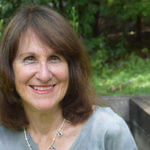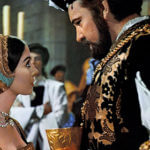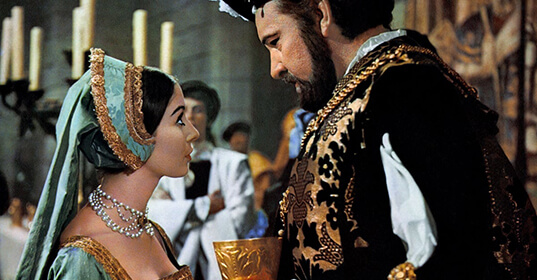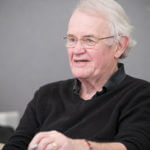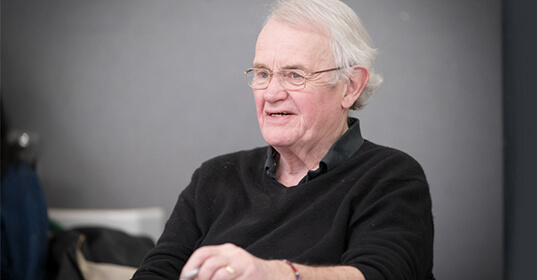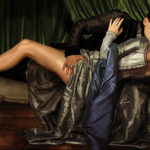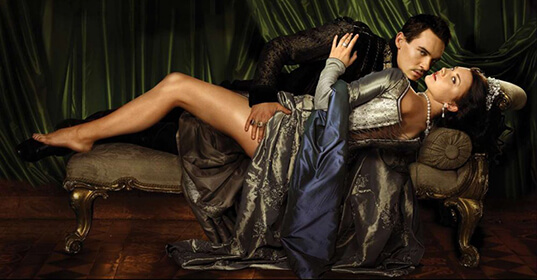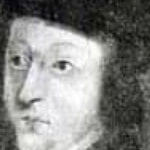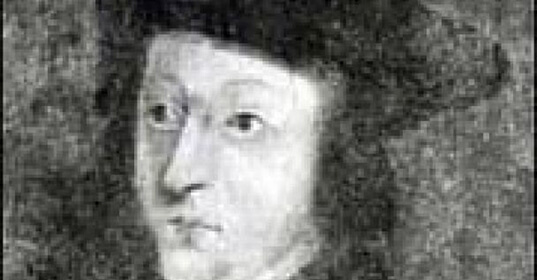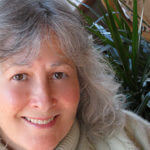
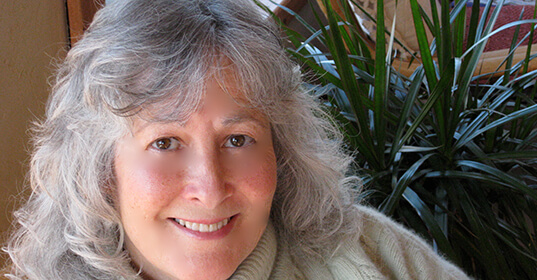
Susan’s Interview with Robin Maxwell, author of The Secret Diary of Anne Boleyn and Mademoiselle Boleyn
The Creation of Anne Boleyn Blog
November 2, 2011
I wrote The Secret Diary of Anne Boleyn because I thought she was totally misunderstood, especially about her part in the Reformation. I’m not saying it wouldn’t have happened without Anne Boleyn but it happened when it did in England because of her.
